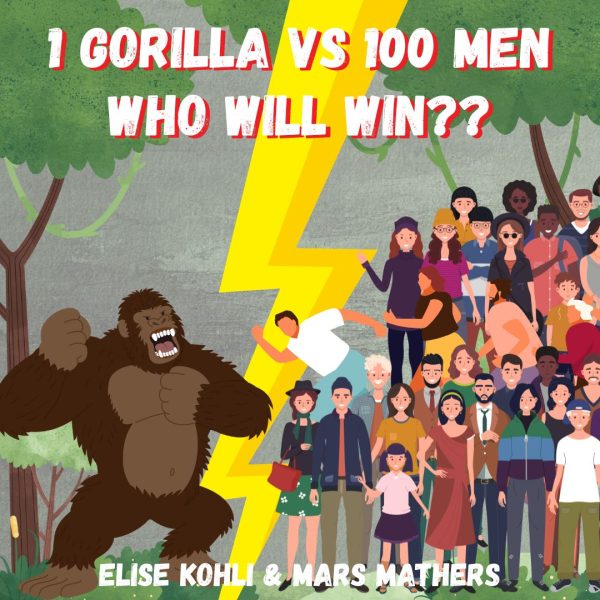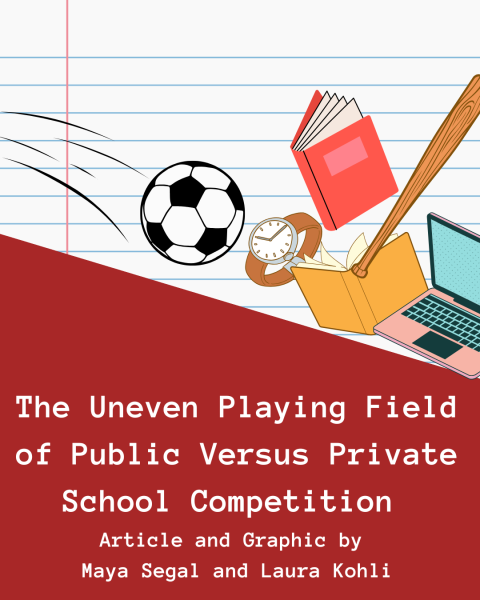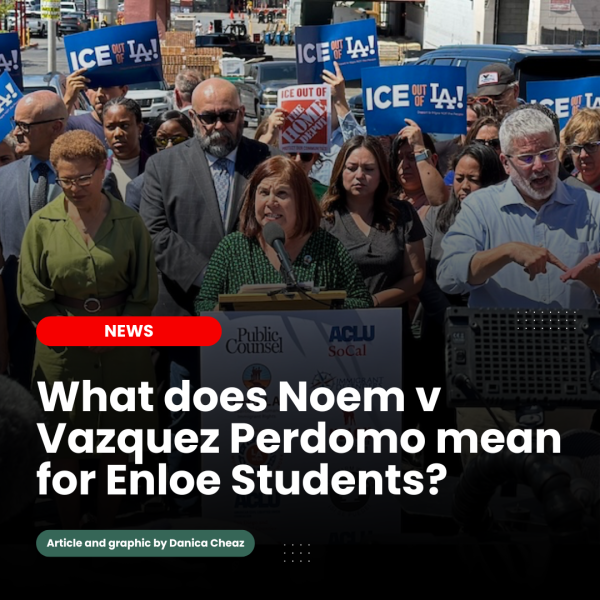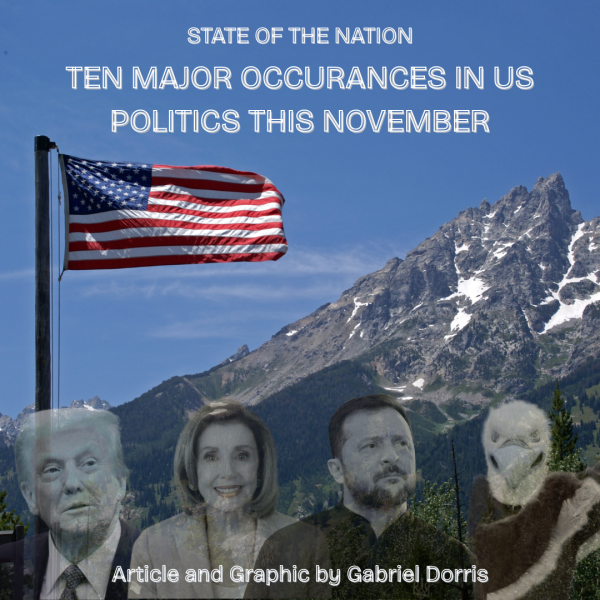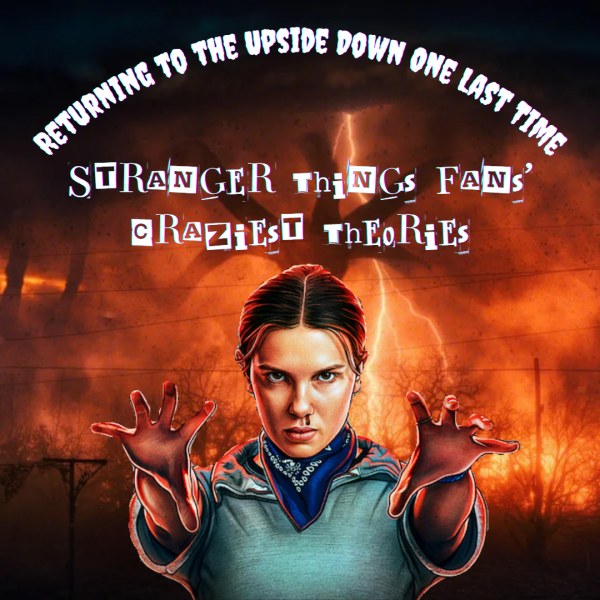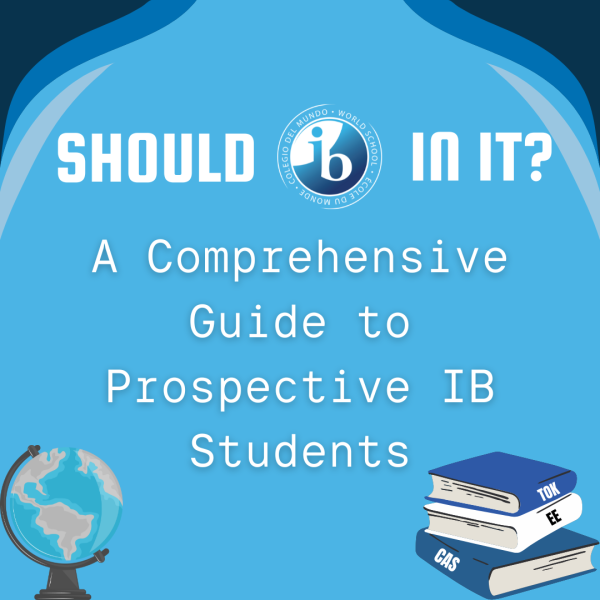Is Ukraine Fascist? Debunking Putin’s Propaganda for Invading Ukraine
Four days after Putin invaded Ukraine and thousands of casualties later, many are still questioning why the Russian President decided to invade Ukraine, a peaceful nation.
A former KGB (USSR security agency) spy, Putin is infamous for his cunning use of propaganda and disinformation campaigns. A few common tactics that he uses to control his own people include portraying Russia as a victim in order to justify attacks and using historical revisionism to establish a convenient historical link between Putin and the USSR that a great deal of Russians remember so favorably. Many critics claim that Putin has fabricated terrorist events in order to boost his own approval. The most incriminating example of this is seen in the 1999 Russian apartment bombings which killed over 300 and injured more than 1000 Russians. Putin, the Prime Minister at the time, blamed the predominantly-Muslim Chechens for this attack and convinced the government to invade Chechnya, a constituent republic of Russia. Applauded by his handling of the crisis, Putin was elected as the President of Russia eight months later. The fault in the planning of the bombings is that a bomb was found in an apartment building that didn’t explode, which was found to be placed by FSB (Federal Security Service) agents, of whom Putin directed less than a month prior as the director of the Service.
On Wednesday night, Russian President Vladimir Putin announced his “special military operation” in Ukraine, whose “goal is to protect people who have been abused by the genocide of the Kyiv regime for eight years. And to this end, we will strive for the demilitarization and denazification of Ukraine, as well as bringing to justice those who committed numerous bloody crimes against civilians.”
First of all, it is quite clear that Ukraine hasn’t experienced a genocide in the last eight years, but this claim does come from a fragment of truth. In 2014, after Russian-backed separatist forces took over areas of eastern Ukraine, the area’s Soviet-era water infrastructure system was damaged and two workers were killed, prompting the Ukrainian government to shut down its operations and leaving 17 eastern Ukrainian settlements without water. In only six weeks, Ukraine was able to restore the system, but this was in vain: the battlefront moved to the area and with more damage and conflict, the system remains in disrepair.

Putin’s accusation of Ukraine being a Nazi regime is also easy to dismiss as Ukrainian President Volodymyr Zelensky is Jewish. The President was elected with 73% of the vote, proving that the vast majority of the Ukrainian population has no qualms with a Jewish man in power. In fact, Zelensky’s win percentage is very high compared to other leaders around the world, such as President Biden with 51.3% of the U.S. vote or British Prime Minister Boris Johnson with 43.6% of the vote. In response to Putin’s announcement, Zelensky rebutted, “Tell my grandpa, who went through the whole war in the infantry of the Soviet Army and died as a colonel in independent Ukraine.”

Although it is evident that Ukraine’s government isn’t fascist, there is a unit of the Ukrainian National Guard that identifies with neo-Nazi beliefs. The Azov Battalion was initially formed as a volunteer militia in 2014 during Russia’s invasion of Crimea. In November of that year, the battalion was incorporated into the Ukrainian National Guard, where it still stands today. The group uses the wolfsangel symbol in their logo, which is synonymous with Nazi Germany’s 2nd SS Panzer Division Das Reich. Azov leaders deny this and all connections to Nazism, but in 2014, a spokesman said that about 10-20% of the regiment were Nazis. In 2018, a U.S. provision in an appropriations bill blocked U.S. military aid to the Azov Battalion on the basis of its white supremacist ideology. Although the integration of this Nazi group in the Ukraine National Guard is certainly disturbing and unacceptable, their services are desperately needed in the Russian-backed areas of Donetsk and Luhansk. It is likely that if not for Russia’s attacks, the Azov Battalion would have never been incorporated into the guard.
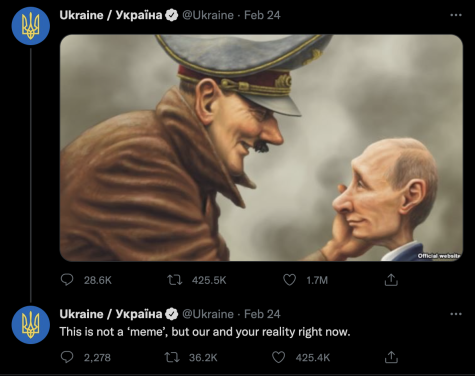
Critics, such as Yale University history professor Timothy Snyder, say that Putin’s Nazi scaremongering is nothing more than an old tactic, “When Putin was growing up, the Second World War was at the center of Soviet identity and the enemies were the fascists,” said Snyder. Ironically, Snyder says that now, Putin seems to be “fighting a war the way that actual Nazis did.” He cites Russia attacking Ukraine with the excuse of borders is not relevant between the two countries. The Ukrainian government reflected this sentiment by tweeting a political cartoon comparing Putin to Hitler on Thursday.
While Putin’s accusations manage to hold a grain of truth, it is clear that each of these issues were prompted by his own aggression and are taken wildly out of proportion by the former KGB spy. In these uncertain times, it is absolutely crucial to fact-check sources and any important information that appears from all sides in order to not fall victim to propaganda.
Your donation will support the student journalists of Enloe Magnet High School, allowing us to cover our annual website costs. We are extremely grateful for any contribution, big or small!

(He/him)
Matthew is a senior and is very excited to be the news editor this year! He loves writing about political issues and local news. Outside of...


